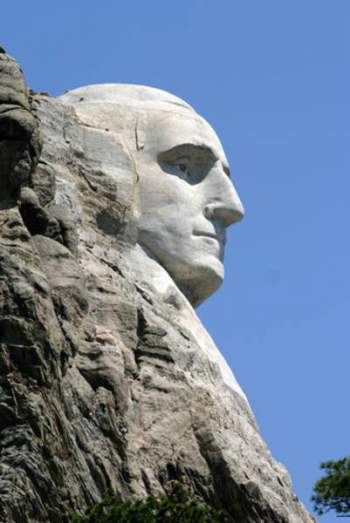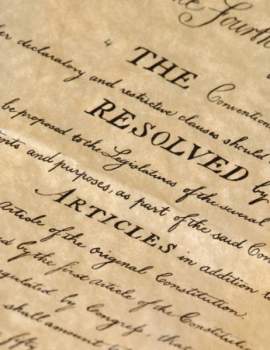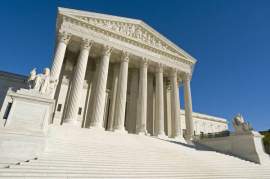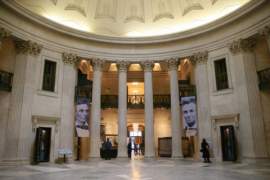
A Short Biography of Samuel Adams

Popular In Constitution
Purpose Of Lifetime Appointment And Pros And Cons Enumerated Powers Bicameral Legislature Background Article 3 Of The Constitution We The People 1st Amendment Who Wrote The Constitution Judicial Review Equal Protection Clause 5th Amendment 10th Amendment Three Fifths Compromise
Samuel Adams was a distinguished political philosopher and prominent Founding Father of the United States of America. As an influential politician in colonial Massachusetts, Adams was recognized as a crucial leader for the movement against British rule.
Samuel Adams is regarded as a chief architect for the creation of American Republicanism, which was and still is a value system of American governance. Republicanism is a civic ideology that was adopted by American culture and used to perpetuate the Revolution against the British Monarch. Samuel Adams rejected centralized political power, and instead viewed liberty and rights as the principle values which drove a society. These thoughts, which were viewed as revolutionary, eventually shaped America's political culture. The viewpoints established by Adams and other political leaders were used to spark a rallying cry against Great Britain and their government's absolutist taxation methods.
Following the institution of a series of
"intolerable acts" by the British Monarch, Samuel Adams attended the
Continental Congress meetings in 1774. During these meetings and subsequent
town hall forums, Adams influenced many leaders and politicians to adopt the
Declaration of Independence which unequivocally positioned America as a
sovereign state.
Samuel Adams was known as having a fiery temper and possessing a masterful grasp of human linguistics. Shortly following the passing of the Stamp Act, Adams grew enraged at the unjust methods imposed by the British Government. To capitalize on the inertia of free thinking and anger towards inequitable taxation, Adams along with other leaders formed the Sons of Liberty in 1765.
America's freedom was spawned through numerous isolated and fragmented revolutions which quickly gained momentum and transformed into a collective massive movement. The Sons of Liberty represent one of the more influential and powerful forms of political movements. The Sons of Liberty was among the first form of protesters to the British Empire, and although the group claimed non-violent reaction, the rhetoric and ideology associated was fervent and boisterous. The British Empire, in response to desperate funding needs, employed a series of taxation on American citizens for the use of such everyday items as sugar, stamps and tea.
In addition to
such taxing models, Parliament forced Americans to buy British goods by
severely taxing imports and cruelly punished Americans for failing to pay
obscene debts or payments to the government. Samuel Adams, with the Sons of
Liberty firmly behind him, produced a series of anti-British publications aimed
at enlightening and unifying American colonialists towards the tyrannous
actions of the British Parliament.
Along with the Sons of Liberty, Samuel Adams
founded another patriotic movement known as the Committee of Correspondence.
With an uproarious group behind him, Samuel Adams solely led a revolution
against British control through historical actions such as The Boston Tea Party
and major publications such as the Circular Letter. Following the adoption of
the Declaration Independence, the Sons of Liberty and Adams waned in terms of
influential practice, opting instead to focus on the creation of a unified
Constitution.
As Samuel Adams grew old, his last notable achievement to the establishment of the United States of America was his participation in the drafting of the Articles of Confederation, or aptly put, America's first Constitution.
NEXT: The Short Biography of George Washington





















